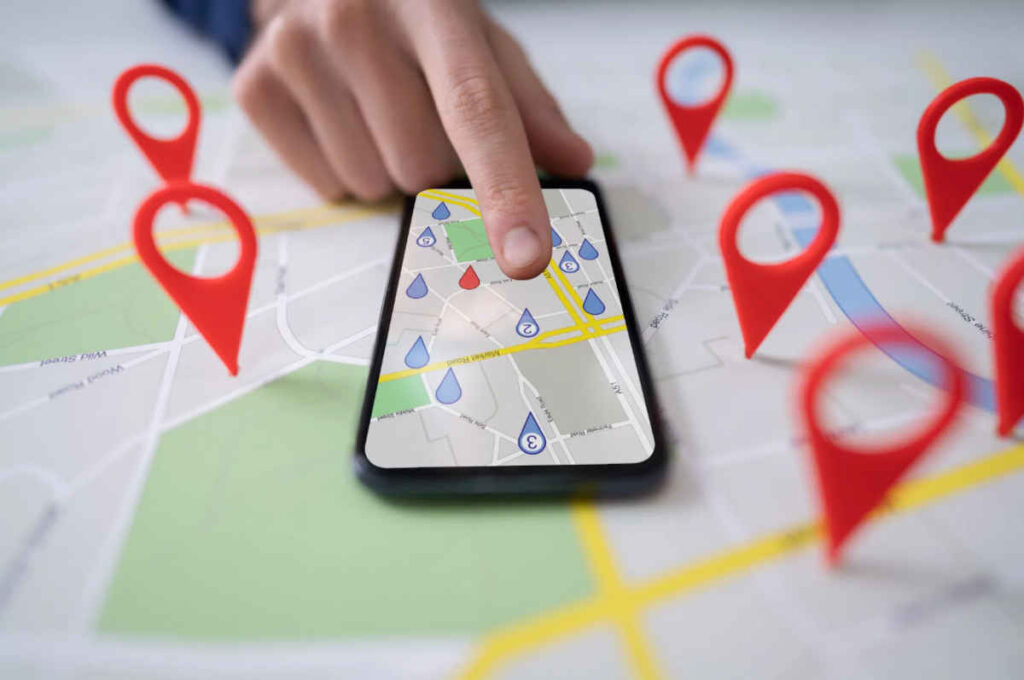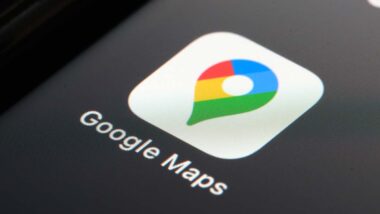
Update:
- A California federal judge granted final approval to a $62 million Google settlement ending claims it illegally tracked and stored the private location information of its users beginning in August 2018.
- U.S. District Judge Edward J. Davila ruled the settlement was “fair, adequate and reasonable” and overruled a trio of objectors who took issue with distributing the funds to so-called cy pres recipients.
- The settlement calls for the funds to be distributed to court-approved organizations who deal with internet privacy concerns following any service awards and attorney fees.
- The parties determined it would not be feasible to make individual distributions as there are as many as 247.7 million class members.
- Per the settlement, Google must also disclose the nature and extent of its use and storage of users’ location information and how users can make informed choices to influence those practices.”
(Sept. 2, 2020)
Google has asked a federal judge in California to throw out a proposed class action lawsuit that accuses the company of violating privacy law through its use of tracking and storing users’ location information.
Google argues the plaintiffs have “failed to cure the deficiencies” that prompted the previous dismissals of their common-law and constitutional privacy claims, and says they haven’t been able to establish that Google location tracking unlawfully collected their data.
“Indeed, Plaintiffs have made no material changes to their vague, boilerplate allegations regarding the location information allegedly collected,” the motion says.
Google also maintains that the plaintiffs have once again failed to explain how their privacy was breached, due to the fact that Google disclosed that it used the location information.
For these reasons, Google argues, the court should dismiss the plaintiffs’ privacy claims with prejudice.
In addition, Google says, the plaintiffs’ new allegation of unjust enrichment “lacks any legal or factual basis.”
The company says its terms of service constitute an enforceable contract, but says the unjust-enrichment claim would fail even in the absence of such a contract.
The plaintiffs also have not identified any terms of service provision the company has breached, and therefore also are not able to turn to a breach-of-contract claim, Google says.
“For over two years, Plaintiffs have tried to identify and plead a viable cause of action,” Google’s motion to dismiss says. “Their Amended Consolidated Complaint is the eleventh complaint that Plaintiffs have collectively filed. But it fares no better than their previous attempts and should be dismissed with prejudice.”
In their most recent amended complaint, the plaintiffs have accused Google of falsely assuring users that their device settings can prevent the company from tracking their movements and storing the data, the motion says.
When users turn off Google location history for their accounts, “a ‘popup’ informs users that even after the Location History setting is disabled, ‘some location data may be saved as part of your activity on other Google services, like Search and Maps,’” the motion says.
The Web & App Activity setting addresses a “narrower set of location information,” according to Google. When Web & App Activity is on, Google saves information about a user’s Google sites and apps activity to provide them with faster searches and an overall more personalized experience.
The company maintains that users have the ability to turn of Web & App Activity at any time, as well as to delete any browsing activity collected through the setting.
“As the Court previously recognized, Web & App Activity does not continuously store information about a user’s location everywhere they go with their mobile device,” the motion says.
The company claims the data that is actually collected “is a far more limited set of location data than what is allegedly collected through Location History.”
Google’s motion to dismiss also points out the plaintiffs do not dispute that they consented to Google collecting and using some of their location information, such as when using Google Maps to navigate to a location.
In its motion to dismiss, Google argues that the plaintiffs have not been able to meet the three requirements of establishing that the company’s conduct is in violation of the California Constitution.
When claiming an invasion of privacy, Google says, plaintiffs are required to demonstrate a “legally protected privacy interest,” a reasonable expectation of privacy under the circumstances and a serious invasion of privacy that breaches social norms.
“Plaintiffs have failed to cure their deficient pleading with respect to each element,” the motion says.
In addition, Google claims, the plaintiffs ignored a previous admonition by the court that their allegations were “speculative” and “left the Court unable to ‘assess whether Plaintiffs had a legally protected privacy interest in the specific places they went.’”
A previous motion to dismiss filed by Google was met with opposition from the plaintiffs, who claimed the company was in violation of the California Invasion of Privacy Act (CIPA) and other privacy laws.
A hearing on the current motion to dismiss the Google location tracking case is scheduled for Nov. 5.
Do you think Google location tracking violated privacy law? Let us know in the comments.
The Google location tracking privacy law class action lawsuit is In re: Google Location History Litigation, Case No. 5:18-cv-05062-EJD, in the U.S. District Court for the Northern District of California, San Jose Division.
Don’t Miss Out!
Check out our list of Class Action Lawsuits and Class Action Settlements you may qualify to join!
Read About More Class Action Lawsuits & Class Action Settlements:
- America’s Test Kitchen agrees to settlement in Facebook data privacy class action
- CVS class action alleges third party tracks website users’ prescription activity
- Delta class action claims airline shares customer information with Facebook
- TJX class action claims company embeds hidden spy pixel trackers in emails















731 thoughts onJudge grants final approval to $62M Google location-tracking settlement
Please add me.
I absolutely don’t believe they should be able to track me without my permission. They are not my family or friend who would be privy to that information. Please add me.
Add every internet user
They are constantly sending locations notifications when I am out and about or they you were here or there even when my location is shut off Please Add me
Thank You
It was off but they still… That is tracking and proof that they are. Thanks for telling.
Add me
Comes up location needed quite often. I hate my info out there…
Add me to the settlement please I AGREE 100% Google along with several websites on Google claim to NOT track you or save confidential information personal information but they still do! I know this for a fact because I will get random suggestions websites according to my search history when I’m on Google or advertising even though I’ve opt out to NOT track me and my personal information. How do I apply for the claim? Also I would like to apply for Google maps sending me constantly to the wrong address when using searching for a location. Or taking me in circles to get to a location and I use Google maps about 95% of the time. This is ridiculous I waste so much time and gas trying to get to my destination!!
Add me please
Frustrating what they do to us!!! And why??? Because, it is not them!!!
Yes “Google location tracking” violated my privacy many times. I had to go to “DuckDuckgo browser” that tracks anything that either pops up from Google (ads, turn on location), to my laptop, tablet, and phone. I won’t use their maps, location, or anything that comes up on my computer, tablet, or phone. They still send ads and ask me to turn on location. I also had to buy the “Aura” monitoring service to not only monitor all my private info, my devices, my bank acct, etc., but also find that my info was being given to companies and I am being spied on by google. I emailed google and told them to stop giving out my info, stop with the ads, as I will not tolerate it anymore and will start a lawsuit. Yea, they laugh at women like me. They’re big tech. What can I do to them. I’m tired and fed up with these companies thinking they can control us all. I could go on, but then I will be writing a book, of which is not a bad idea. By the way, your lawsuit on Lyft & Uber needs to include Abuse (Verbal, Mental, Emotional). I suffered so much as a driver to myself & my vehicle, that I had to stop. The trauma I faced with the riders was so extreme and neither of those companies cared. They blew it off and they lie about it. I have everything logged as to what happened on each ride, ph calls to company, when riders had me blocked for no reason and lied about me. I cannot even work anymore in the workplace due to the traumatic experiences I have had. As someone with a behavioral counseling degree now, I ahve learned so much and the book I am writing about my experience with these companies, as far as I am concerned they should be shut down. I hope someone does something about this.
I was definitely affected by this